The National Carrier Stigma
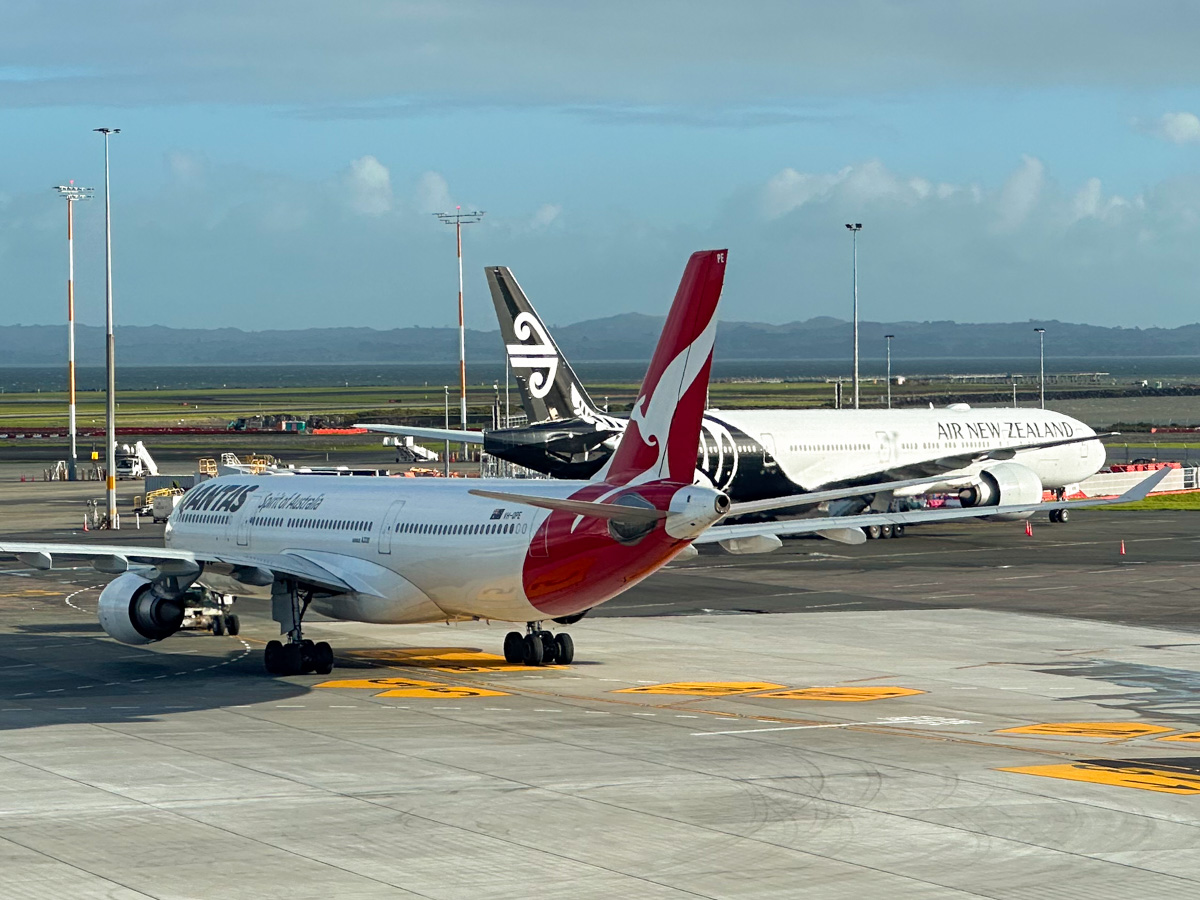
I don’t think it’s controversial to say that Qantas is a polarising brand in Australia. Every Australian knows Qantas. Some love it, and some hate it. In fact, for heaps of different reasons, many Aussies both love and hate our de facto national carrier.
The fact that so many Australians hold strong feelings towards Qantas is not unique. Ask a random Kiwi what they think of Air New Zealand. They’ll probably have a strong opinion… and not necessarily a positive one.
Ask a British person if they think British Airways is still the world’s favourite airline, and chances are they’ll say it used to be way better.
Air India’s reputation in India has been poor for decades, with many Indians preferring to use foreign carriers for trips to and from their country.
Many Dutch people think that KLM doesn’t offer enough legroom in Economy. (To be honest, given how tall Dutch people are, they kind of have a point.)
Ask a Canadian if they like Air Canada, or a German what they think of Lufthansa, or a Finnish person about Finnair, or a South African for their opinion of South African Airways… you get the point.
Even some Dubai residents have a negative opinion of Emirates because they think Emirates charges too much for point-to-point flights to and from Dubai, compared to airfares for connecting itineraries.
Why do people often dislike their national carriers?
Outside of Australia, Qantas’ reputation is generally quite good. It’s known internationally for its safety record and as an airline that does long-haul flying particularly well. So, why do so many Australians dislike the company?
Certainly, Qantas’ disastrous reliability and customer service woes after the COVID-19 pandemic impacted the airline’s reputation a lot in Australia. How the airline became Australia’s least trusted brand in 2023 was well covered in many places.
While this was a major blip for Qantas’ reputation in Australia, I think there’s a much longer-term underlying trend in the way citizens of a country view their national carrier. I have a few theories as to why this might be, but I’d be interested to hear the thoughts of the AFF community as well…
Much greater exposure to that airline
One possible explanation is that people tend to fly their home airline more, which simply means they have more opportunities to have a bad experience. And we tend to remember the bad experiences we have with companies a lot more than the neutral or even positive ones.
Put yourself in the shoes of someone living in the United States who once flew with Qantas on a holiday to Australia, experienced no disruptions to their flights, and didn’t need to contact the airline’s call centre at any point. There’s a good chance that this person was pleasantly surprised with the service, food and comfort on board Qantas, and finished their trip with quite a positive impression of the airline.
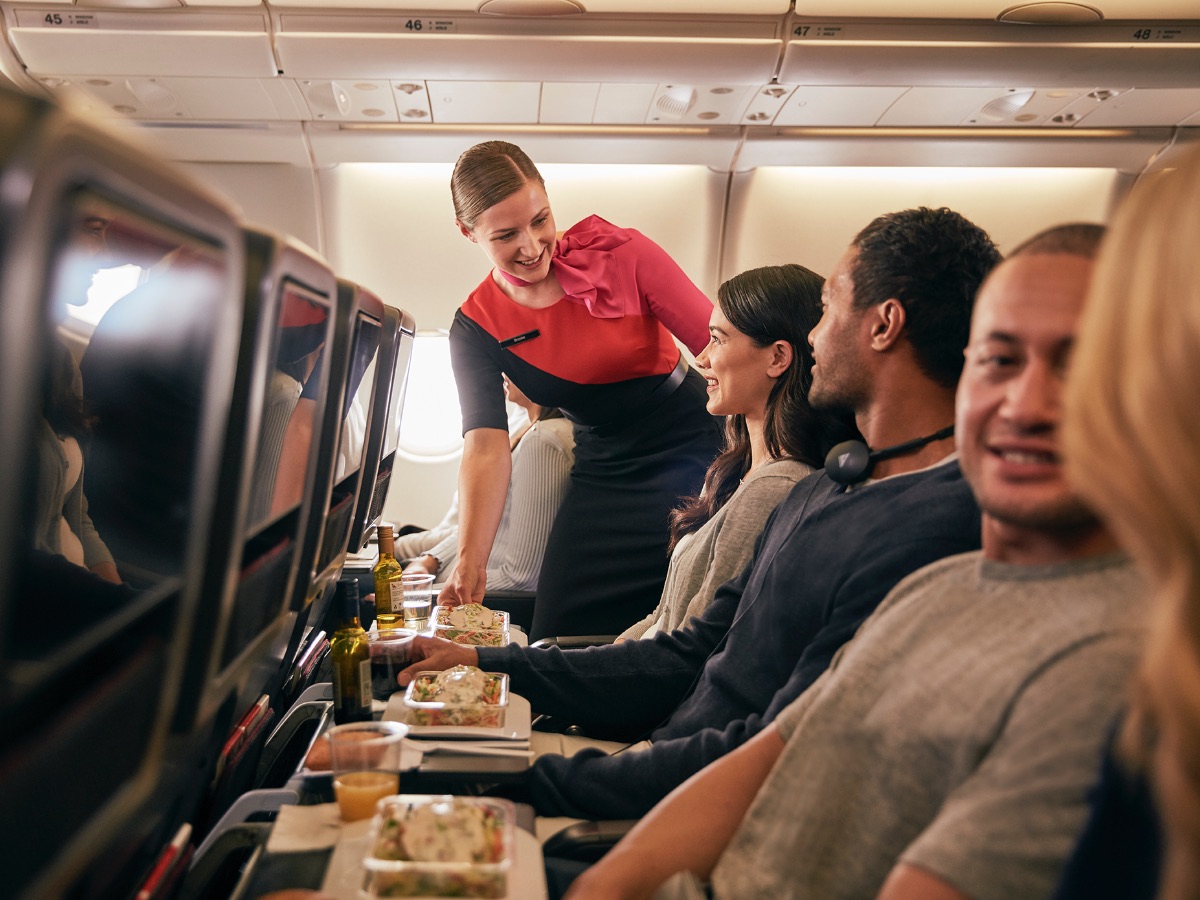
But frequent flyers living in an airline’s home market, who fly the airline regularly, get to experience the whole package – warts and all. Most airlines are generally fine when things go right, but the true test of an airline is when things go wrong. People who fly a particular airline more are simply more likely to experience those disruptions.
That’s not to say that all airlines handle disruptions badly. Some airlines have solid contingencies in place and look after disruptions very well when things go wrong, and this can actually leave customers with a positive impression. But Qantas hasn’t exactly got a stellar reputation on the disruption-handling front at the moment. (In fairness, neither does Virgin Australia.)
For the same reason, people living in a particular country are also more likely to hear negative stories from their friends or in the media about the largest airline in their home country. That usually happens to be the flag carrier.
Companies sometimes take their home markets for granted
Many flyers prefer non-stop flights. So, airlines often sell lower fares and work harder to attract customers living outside of their home markets. After all, they need to give those customers a reason to book a connecting itinerary with that airline, rather than a non-stop flight on a different one.
By definition, this conversely means that airlines often charge more and pay less attention to the customers living in their home markets. They know that many people will still choose to fly with their airline because they offer the most convenient schedule and most extensive network in that market.
For example, AFF members have found examples of Qantas charging double for non-stop flights from Sydney to Los Angeles, compared to flights from New Zealand to Los Angeles via Sydney. In the New Zealand market, Air New Zealand is often more expensive.
In the UK, many London residents remain loyal to British Airways because it’s so dominant at Heathrow Airport. This is mainly due to how slots work, rather than British Airways being inherently better than other airlines. But the fact is that BA offers the most flights to the widest variety of destinations from Heathrow Airport.
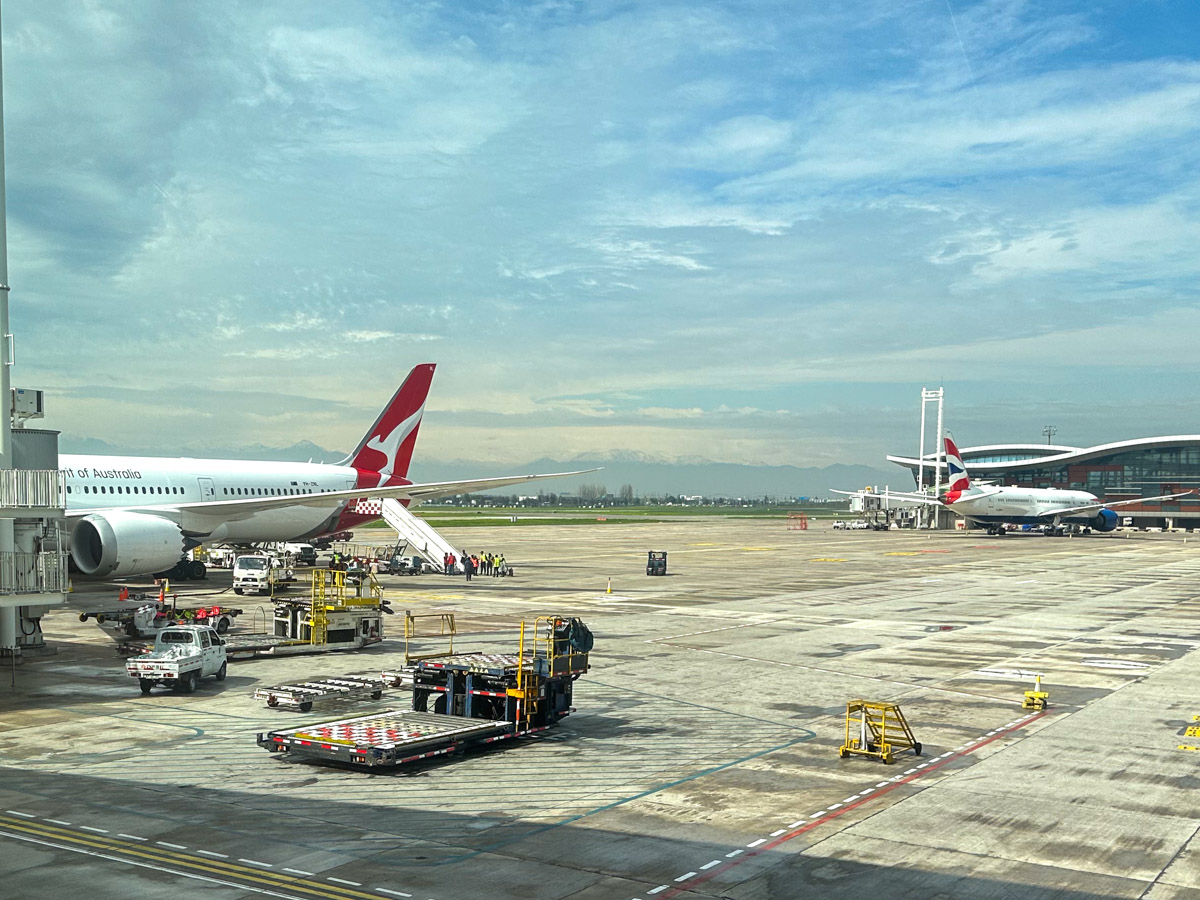
Passengers are more likely to experience price gouging in their local domestic market
One of the things that has turned some New Zealanders against their national airline is perceived price gouging on domestic routes, particularly regional routes where Air New Zealand has a monopoly. Many Kiwis observed that prices came down substantially on routes that Jetstar has also started serving.

It’s often the case that a country’s national airline also happens to fly to the most regional destinations within that country, so people are perhaps more likely to feel ripped off by that airline. But regional airfares are often expensive on all airlines, and this is nothing new. We see the same thing on some domestic routes served only by QantasLink, as well as on routes operated by the smaller independent Australian regional airlines.
These kinds of “high airfares for short flights” aren’t typically seen on longer international routes, which also usually have more passengers and more competition, since foreign airlines aren’t blocked from operating them. (An international airline can not just add service on a domestic Australian route due to cabotage laws, so this keeps competition out of markets that might otherwise have more of it.)
People who don’t live in an airline’s home market are less likely to fly with that airline on an expensive regional route, so are simply less likely to be exposed to those high prices. Or to feel angry about said high prices.
People care more about “their” airline
A lot of Australians feel a sentimental and even nostalgic attachment to the Qantas brand. They like what it represents and they want to be proud of it.
Many Australians have been flying with Qantas for much longer than with other airlines, and may even have fond memories of taking their very first flight on Qantas. They also remember the “good old days” when they perceive that things were better.
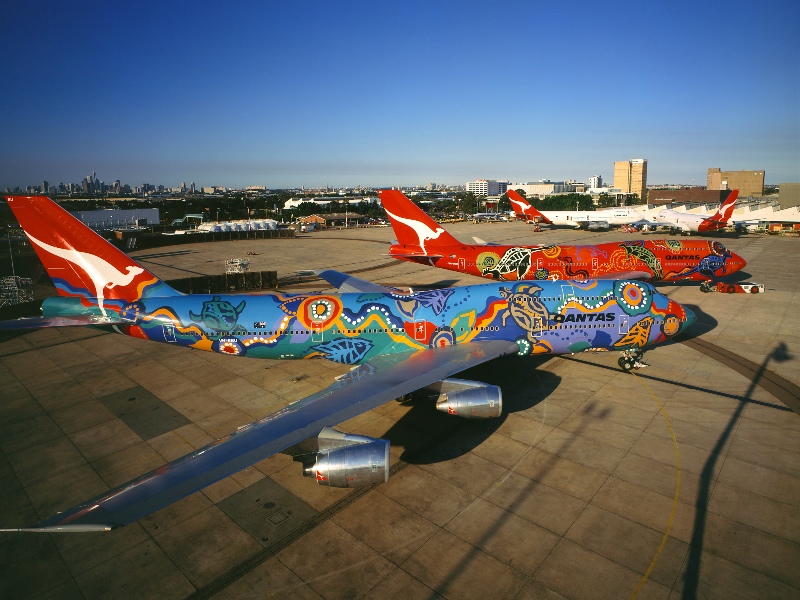
The relationship between citizens and their national airline is a bit like the relationship many people have with their siblings. People are proud of their siblings and they want what’s best for them. They’re also their harshest critics.
When they see Qantas doing the wrong thing, or experience bad service, some Australians feel a sense of disappointment that runs deeper than it would with other companies. They often complain quickly and loudly. But it’s because they deeply care, and they want to see the airline do better.
People who are proud of their national airline tend to hold that brand to a higher standard than they would of another country’s national carrier. But likewise, people from another country probably care a lot more about “their” airline than they would about Qantas.
Maybe some legacy carriers are actually just less nimble and offer worse service
Some might argue that people don’t inherently tend to dislike their national airline, and it really comes down to the quality of that airline. Maybe, just maybe, some national carriers actually deserve their poor reputational standing in their home markets because they’re actually just bad.
I don’t necessarily subscribe to this point of view. But I do think there’s a point to be made that, at least in some countries, the national carrier really is a “legacy” carrier with outdated systems, older planes, higher prices and less friendly staff compared to newer, more innovative airlines which have launched a lot more recently.
One example that comes to mind is TAROM, the flag carrier of Romania and a member of the SkyTeam alliance. I recently flew with this airline, and I really did get the feeling that I was flying on a “legacy” carrier in the true sense of the meaning.
TAROM’s website had issues, my flight got changed twice (by more than three hours), some of the airport staff seemed disinterested and the attention to detail, in my opinion, just wasn’t there. Even the images and text on the safety card on board the plane were pixelated. Nowadays, other much newer airlines have more market share in Romania than TAROM – and I can see why.
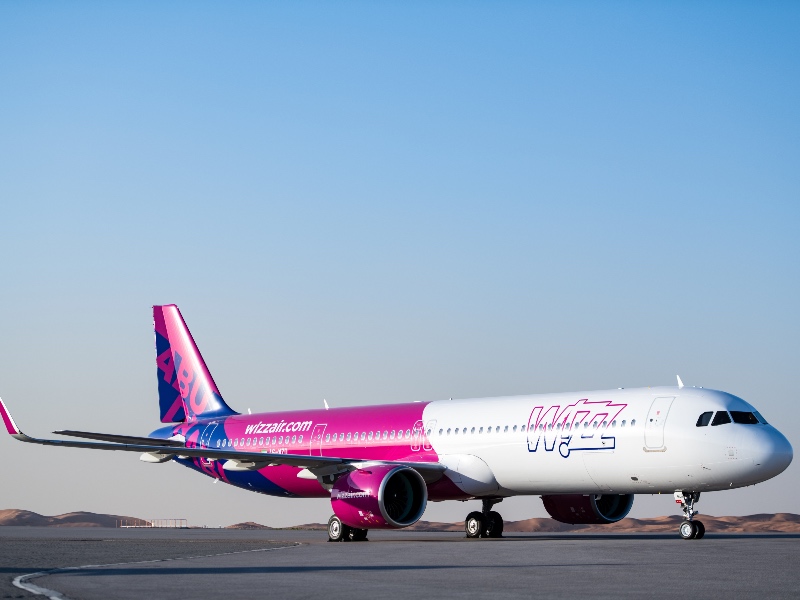
There are definitely exceptions
There are countries where a majority of people are immensely proud of their national airline.
French people generally like Air France. Many Fijians are fond of Fiji Airways. People in Hong Kong generally like Cathay Pacific. And Japanese people tend to like Japan Airlines (and ANA).
Singaporeans also generally like Singapore Airlines, and Kazakhs are proud of their national carrier Air Astana – even though the locals often find them a bit expensive.

These are all airlines with good reputations generally, and a strong focus on good customer service. So, it’s understandable that they would also be beloved in their home markets.
Many people continue to fly with their national carrier despite disliking it
Despite all of the things discussed in this article, many people still choose to fly with their national carrier because it’s familiar. They’ll often even pay significantly more to do so.
This is known in psychology as the “mere exposure effect”. This is where people tend to stick with things that are familiar to them, purely because they are familiar.
Understandably, many people like knowing that they’ll be served familiar food on board and won’t face language barriers. Ask any Aussie who flies Qantas back to Australia after a long stint overseas, and they’ll often say they like hearing the familiar Australian accents as soon as they get on board.
It works both ways. For example, many Japanese people prefer Japanese airlines for exactly the same reasons that many Aussies prefer Australian airlines. You could say the same thing about pretty much every country and its national airline.

Frequent flyer programs keep people loyal
Many large national airlines use their loyalty programs to effectively lock in customers in their home markets – and with great success. No matter how disappointed they are with “their” airline, many keep coming back for more Stockholm syndrome. The golden handcuffs of status play a huge part in that.
As Joe Aston said in a recent Australian Financial Review column, “Qantas management has plainly calculated it can peddle an inferior product in a highly competitive market without consequence, thanks to the heroin-like properties of its frequent flyer program.”
I would have previously said the same thing about British Airways, except that that airline recently made its loyalty program a lot less attractive. I suspect BA may have just shot itself in the foot.
What’s your take?
Do you think that people tend to criticise their own national carrier more quickly than other airlines? If so, why do you think that is?
You can share your thoughts on the Australian Frequent Flyer forum!
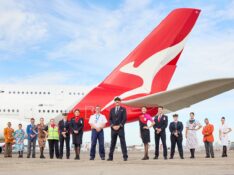

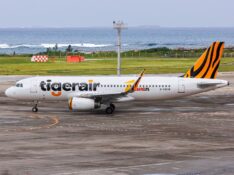
Community Comments
Loading new replies...
Join the full discussion at the Australian Frequent Flyer →